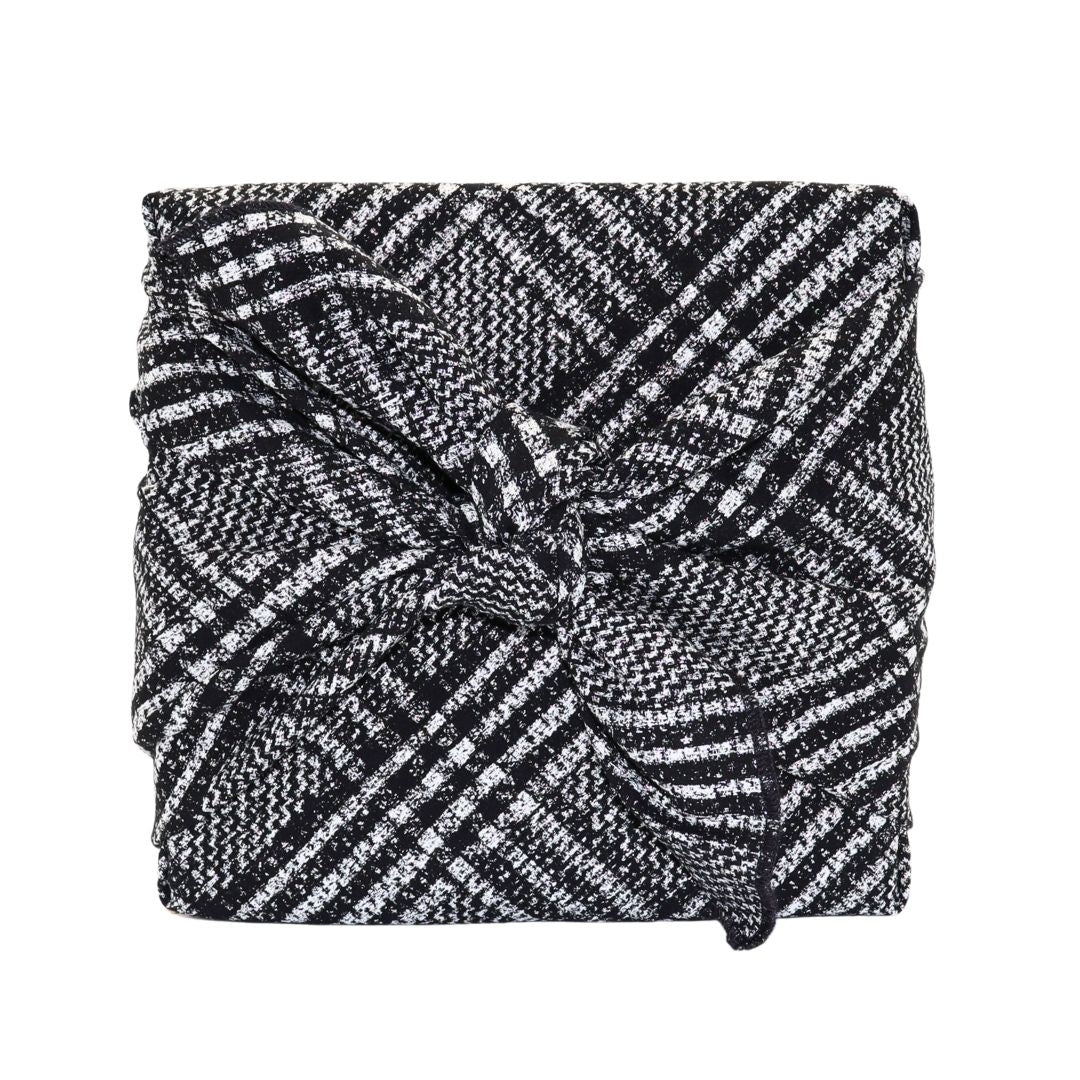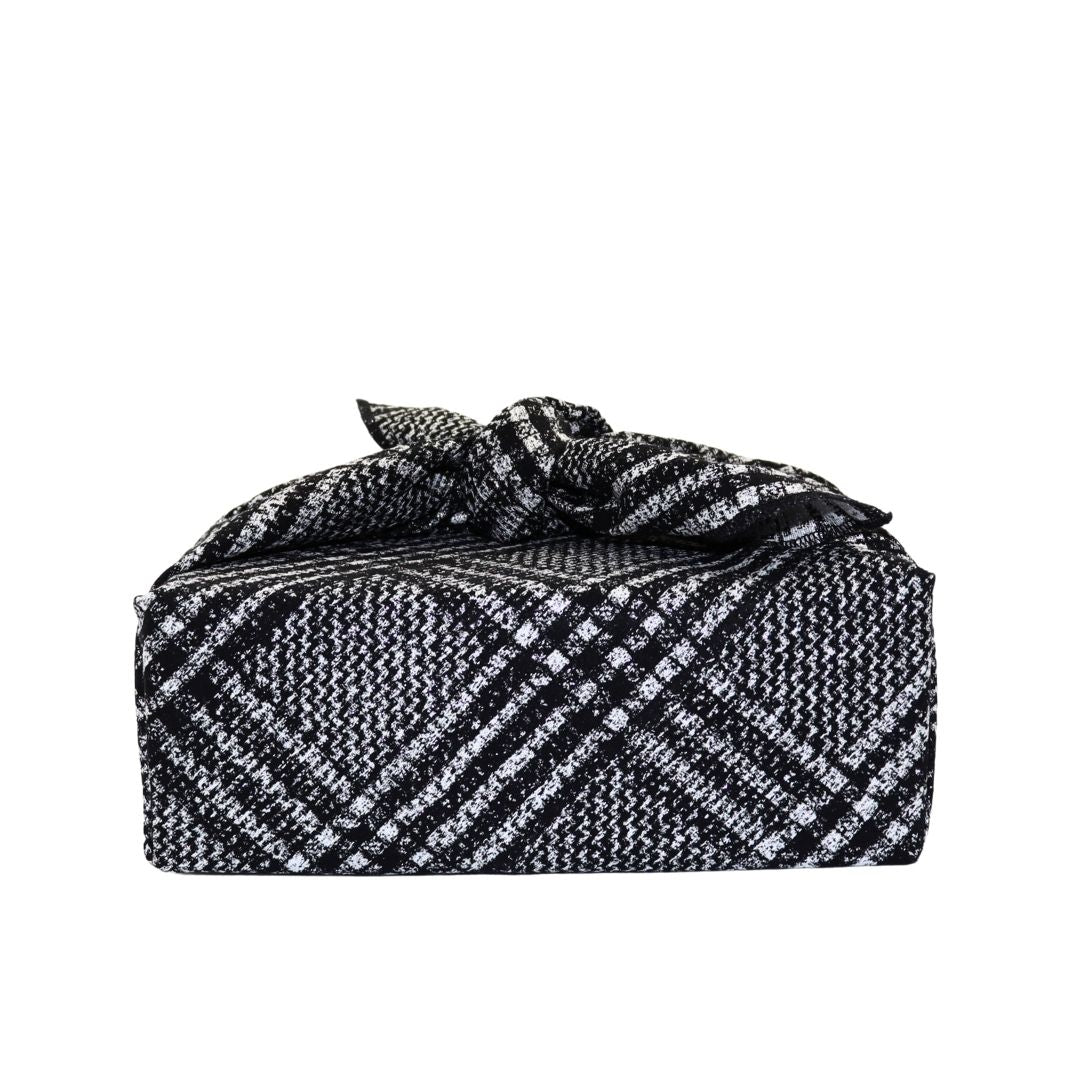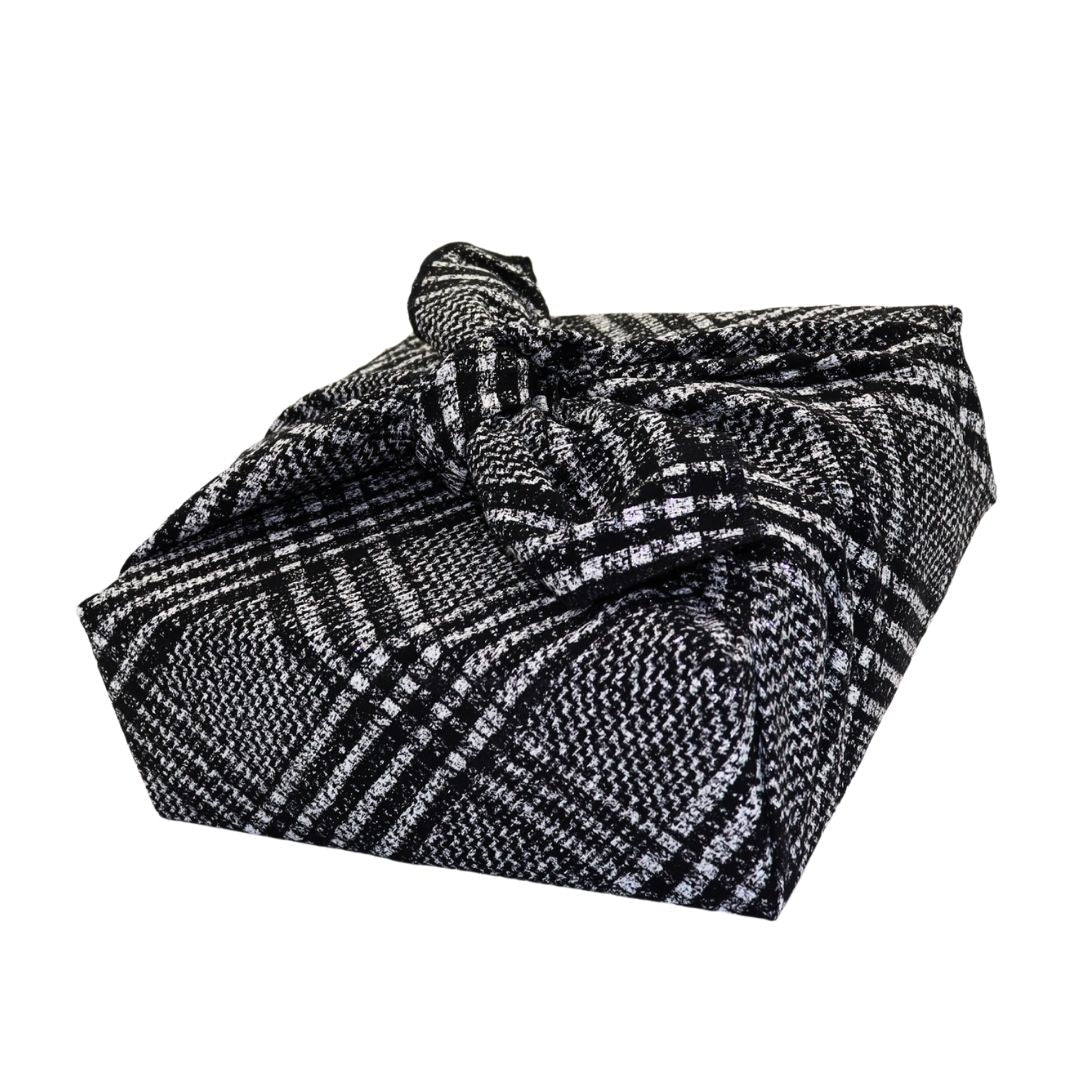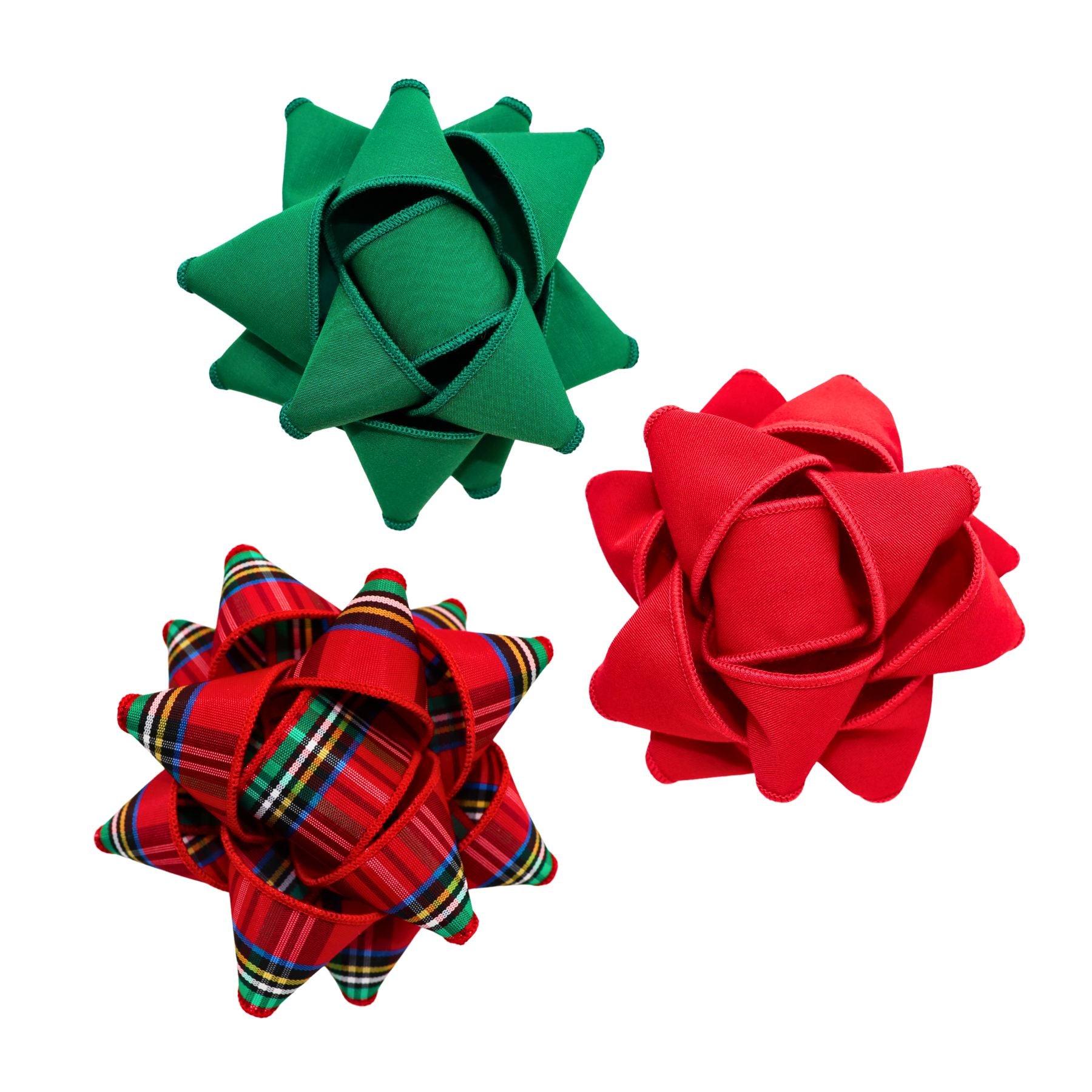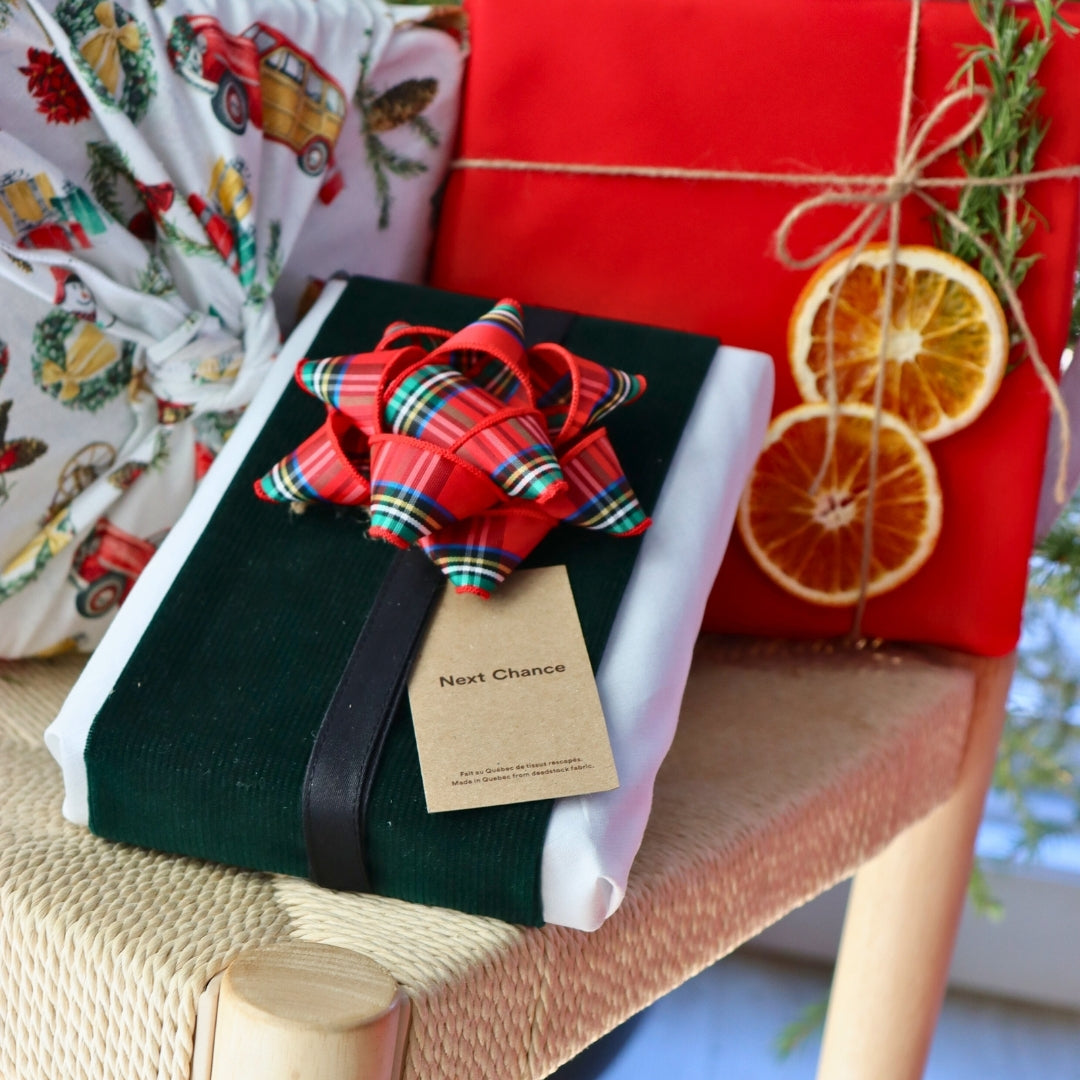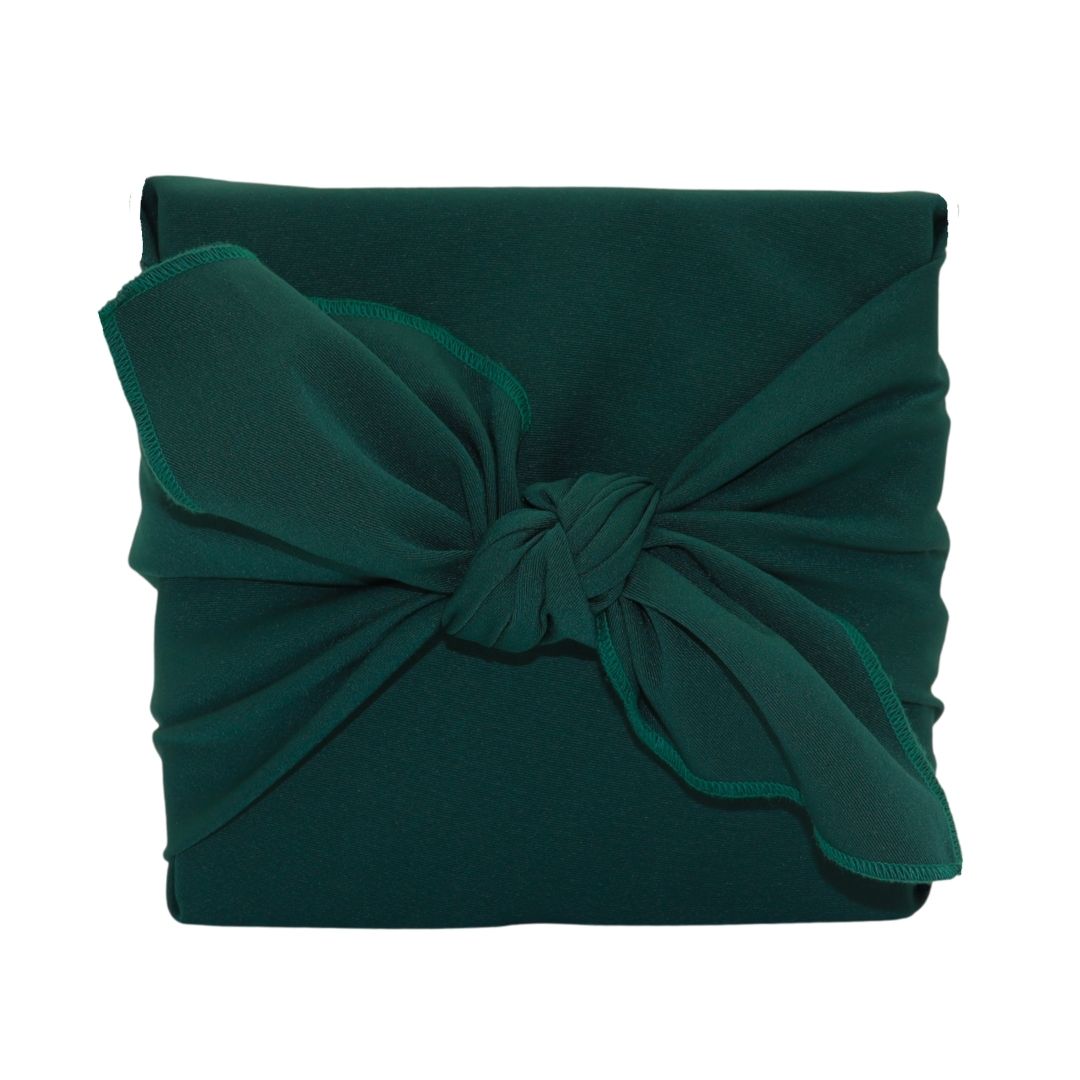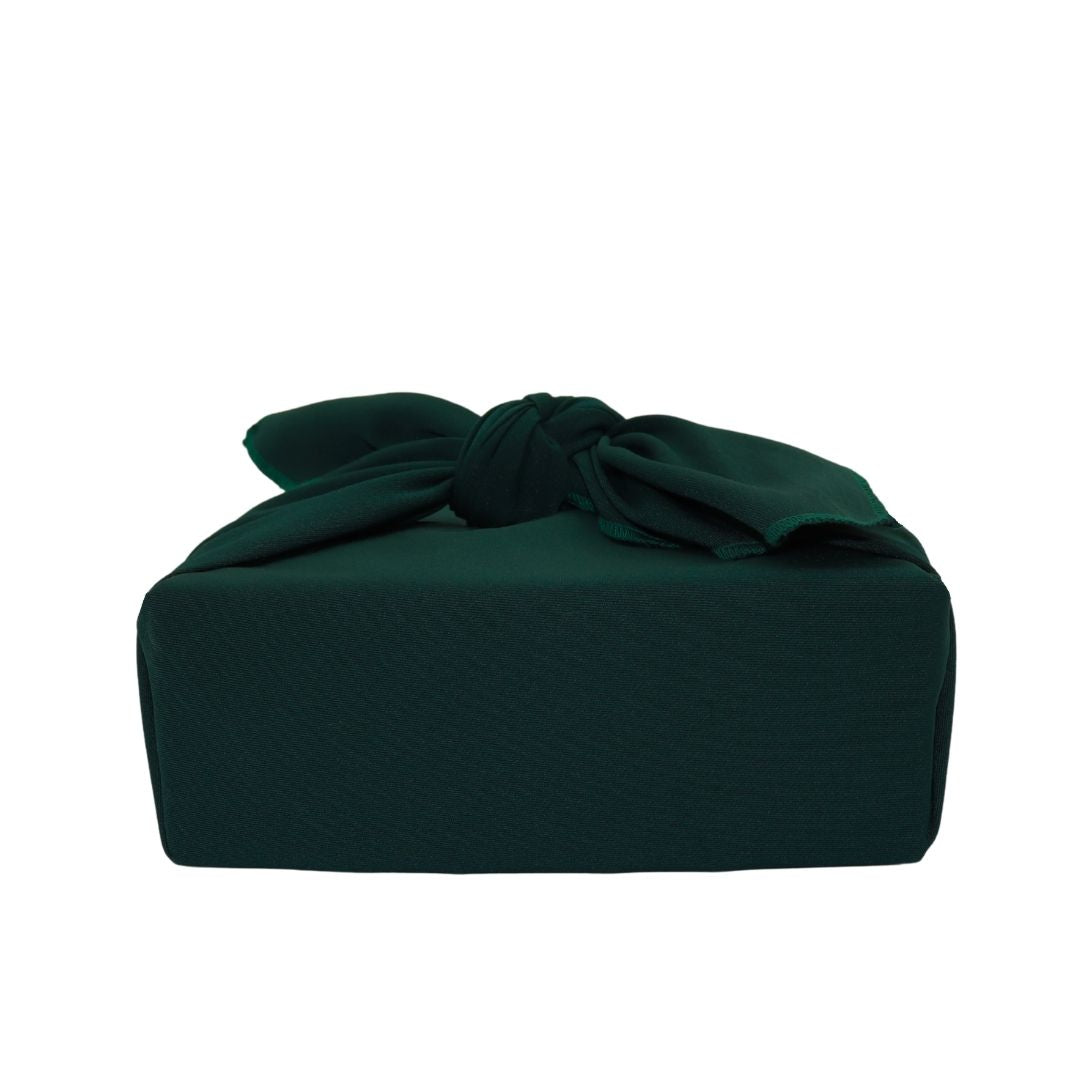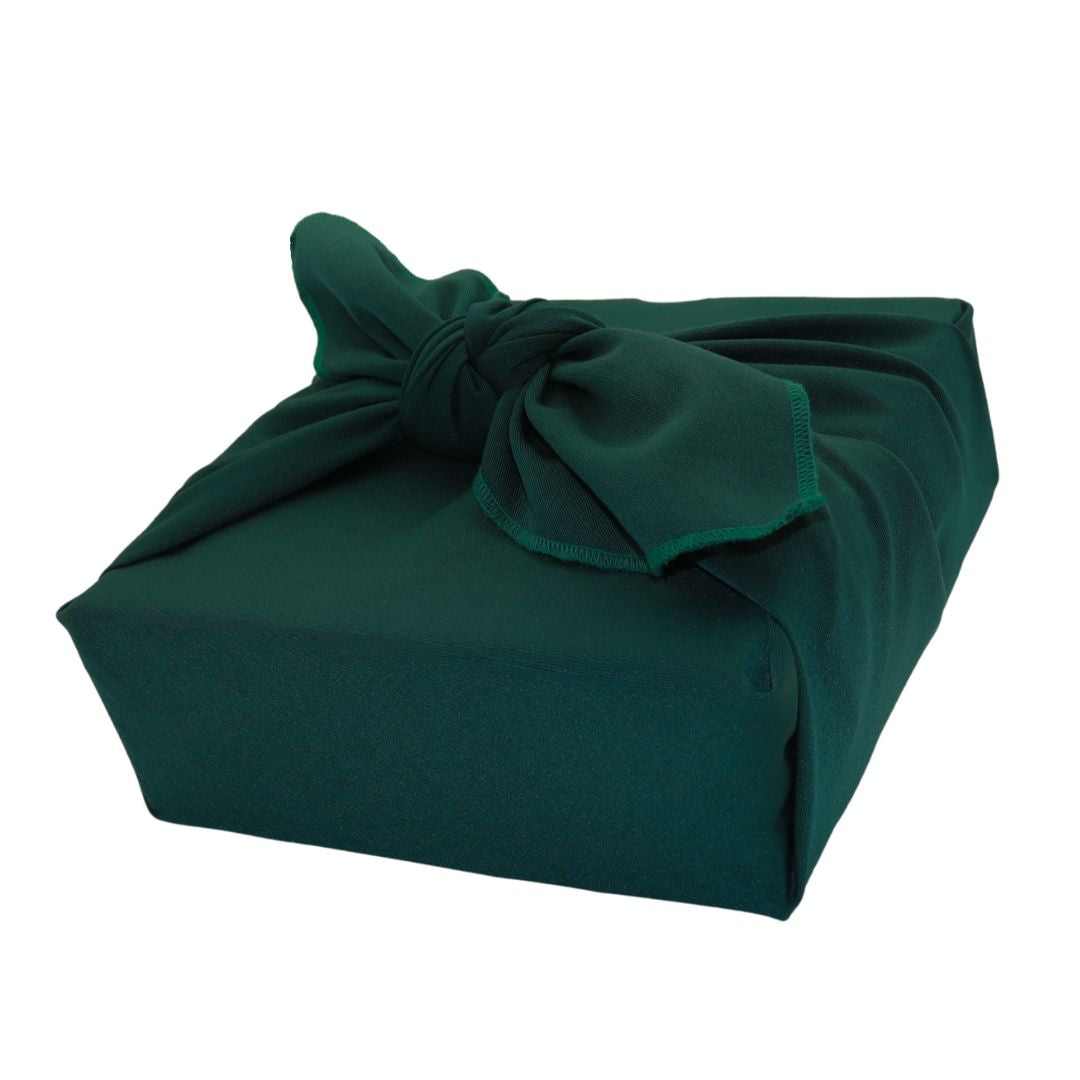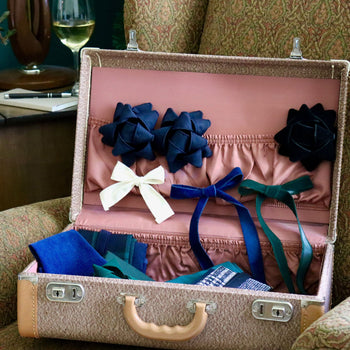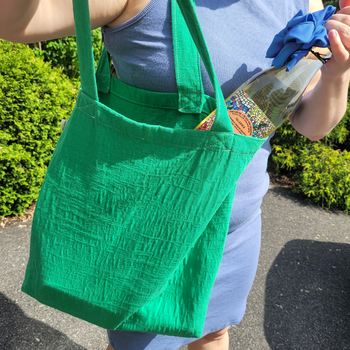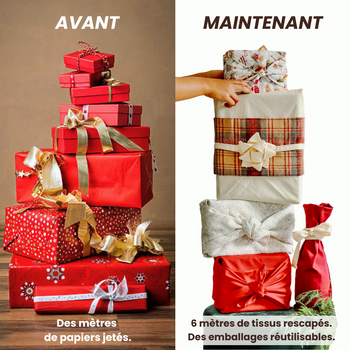Avec l’année difficile qu’on vient de vivre, nous aurons grandement besoin de douceur aux Fêtes. Plus que jamais, il sera bon d’offrir de belles attentions et de recevoir de l’amour de son entourage. Et sans contredit, les Fêtes cette année seront différentes. Pas de gros party chez matante Louise avec les cousins/cousines, ni de grandes tablées autour d’une dinde farcie aux atocas. Alors pourquoi ne pas en faire un Noël vraiment différent en changeant nos façons de faire pour vivre un Noël écolo? Vous trouverez ici 10 idées pour faire de votre temps des Fêtes une occasion de réduire votre empreinte écologique.
Auteur : Équipe de Next Chance
Le temps des Fêtes est une célébration d’envergure, on s’y prend généralement d’avance pour l’organiser car elle comporte plusieurs composantes: faire un sapin, décorer la maison, planifier la tablée et un menu de réception (bien entendu, il n'y aura pas de réception cette année, mais nous avons tout de même décidé de mentionner cette partie qui normalement a normalement un impact!), prévoir des cadeaux pour son entourage et finalement décider comment on va s’habiller pour les différentes occasions où nous serons invités (encore une fois, pas cette année!). C’est également une fête qui a un grand impact sur l’environnement: surconsommation, gaspillage alimentaire, génération de déchets accrue, hausse des gaz à effets de serre dus aux nombreux déplacements en voiture, consommation d’énergie due aux éclairages, etc. Cette vidéo satisfera votre curiosité si vous voulez mesurer l’impact des fêtes de fin d’année:
Here are 10 ideas for a greener Christmas this year (and the next ones):
1. Make your Christmas tree
Some say it’s more eco-friendly to buy a natural tree than an artificial tree, unless you’re using the latter during 20 years, according to an Ellipsos study. What if we got off the beaten track by making our own tree from rescued materials? A few fir branches, a few tree branches and you’re done.

And if you care about having a real tree, there are companies like titi sapin that rent a potted tree, which will be planted when the festivities are over or which you can take back the following year and watch it grow. However, the potted fir is better suited to the exterior than the interior of the house to prevent it from losing its hardiness acquired to survive the cold and dying.
2. Re-use materials to decorate
It’s tempting to shop for new decorations every year with the display cases full of sparkling and luminous items each more beautiful than the last. To renew your decorations this year, why not exchange your decorations box with a friend? You will then be two families to enjoy new decorations without having to increase your ecological footprint.
You can also put your children’s craft skills (and yours!) to good use by creating wonderful decorative items from materials you have at home. A roll of toilet paper can turn into a pretty object. So start collecting your rolls now!

Plush toys slipped into the tree or pompoms made from scraps of wool will also decorate nicely. You will also find on the Next website ornaments made from natural and recycled materials for your tree.
To decorate the Christmas’s Eve table, the decorations the store have nothing to envy what nature can offer you to create real wonders. Pine cones, holly leaves and fir will give your table a festive feel. Pinterest is truly an endless source of inspiration.
And if you find that your decorations are starting to look faded and you want to give them a fresh look, why not spruce them up with branches and pine needles preserved from the fall conifers pruning?

3. Opt for a LED light show
Did you know that during the holidays, American cities are 50% brighter1? Sure, it helps us break through the grayness of winter, but some garlands are very energy intensive. Better to go for LED lights that are much more energy-efficient – usually they consume 40x less than incandescent lights.
4. Use a light timer to limit your energy consumption
While LED options are still good choices, we minimize our ecological footprint by using a timer to make them shine brightly only in the evenings, when we and passengers can enjoy them. Because let’s be real here, for who do we exactly keep the lights on at 2 a.m. ?!
5. Make your gifts
It’s easy to give in to the pressure of our overconsumption society by buying lots of stuff, made in China, shipped by boat and if you order online, delivered in non-recyclable plastic envelopes. On the other hand, it’s possible to give while being more eco-friendly by adopting criteria when it comes time to choose which gift to give to a loved one. Here are some questions you can ask yourself before buying – it’s up to you to remember the ones that matter to you:
- Is it a useful gift?
- Is it a local product that encourages the economy here?
- Is it a product that is not overpacked?
- Can the same item be found on the used market in good condition?
- Is there an organic or fair trade version of the same product?
- Is it a sustainable and / or a non-polluting product?
Providing equipment, even with the best criteria, certainly has an environmental impact because of the raw material required for its manufacture and the energy consumed to manufacture and transport it. To limit your footprint and the accumulation of items in our homes, we can organize a gift exchange without shopping. We can also consume responsibly by offering experiences rather than items such as tickets to a show, a gift certificate to a famous restaurant, catering for busy weeks, tickets to see an exhibition at the museum, etc. In doing so, you will also encourage the local economy. The Christmas markets are also great for showcasing the work of artisans and offering small treats. And gifts that you make yourself are also greatly appreciated, such as jar recipes (soup, cookies, pancakes, etc.) or a beautiful scarf that you have knitted with love.
Christmas cards are also one of the best things we can buy to please both our loved ones and our planet. You can buy some that are made by local artisans, printed on post-consumer recycled paper and some even help to support a social cause. We can therefore make a useful purchase!
6. Wrap differently than non-recyclable gift wrap
Wrapping a gift is part of the pleasure of giving for many. Unfortunately, these beautiful glittering papers end up in the trash. There are several alternatives for wrapping differently. Here are some ideas for eco-friendly gift wraps:
- Wrap with kraft paper. The latter being recyclable and not having required dyes unlike patterned papers, it’s less damaging to the environment.
- To replace the non-recyclable sticky paper, you can opt for a kraft tape with beautiful patterns, as offered by the company Net Zero co.
You can also take inspiration from the Japanese method of furoshiki and wrap in pretty fabrics (sheets, pillow covers, tablecloths, dish towels, etc.) or fabric scraps. Next offers a wide variety of eco-friendly gift wraps made from rescued fabrics. You will even find sustainable bows there! To make wrapping easier, collect your boxes of tissues, pastes and shoes to give a regular shape to your object to be wrapped.
7. Eat local, seasonal and organic
With the pandemic raging, we do not know if we will be able to receive this year. One thing is certain: meals will be an opportunity to indulge yourself and forget the hard year we have just passed. Here too, we can limit our environmental footprint by creating a menu that limits meat consumption. A wild mushroom risotto is as worthy of a special occasion as a turkey. You can also opt for seasonal and local foods that will have generated less CO2 than if they came from overseas. Even better if you can buy them organic. To learn about all the benefits of going organic, visit the QuébecBio website. With this conscientious menu, you will also be giving Mother Nature a gift.
8. Cooking reasonable amounts
Often, we get carried away and cook too much because we fear that our guests will not have enough to eat. With the 4-course meals, the opposite is true: we eat too much! Food waste is another scourge of this happy holiday: 40% higher than usual. La Presse conducted an interview with Florence Léa Siry, the blogger behind Chic Frigo sans fric, who offers several tips for using leftovers instead of throwing them away: 10 tips to avoid food waste during the Holidays.
9. Prepare the table with reusable materials
There are plenty of inexpensive and disposable options for decorating the table or for entertaining guests (paper napkins, plastic tablecloth, disposable tableware, etc.). Although practical, these items are not without consequences for the environment. Instead, opt for sustainable or compostable or recyclable options. For example, to offer a cooked meal to a friend, you can use an aluminum dish rather than a plastic one.
10. Rent your evening dress
We want to look good for the festivities and generally, we are obsessed with wearing the same outfit for several occasions. And the most ridiculous thing is that we often pay more for the clothes we wear the least. To get by at a good price and to keep a good ecological conscience, there are outfit rental services like La petite robe noire or Loue 1 robe where you can put on a designer dress between $ 50 to $ 100. Manzotti or Classy offer the same service for men who want to be chic as well. You can also suggest that a friend swap their outfits if you are wearing the same size to have new options without purchase.
The important thing is not to apply each of these ideas (if you can, you really are a champion!) but to choose one or a few ideas from among them that you can apply. The impact will be greater if you can change one thing than if you try to change five without really taking action on any of them. And you will surely become an inspiration to those around you who will want to do like you next year. So what idea will you start with ?!
1 American Geophysical Union, 2015

